Weekly Reader: The Oyneg Shabes Archive
One of the most astounding stories of the Holocaust is that of the Oyneg Shabes archive. In 1939, after the German invasion of Poland, Emanuel Ringelblum (1900–1944), a historian, teacher, politician, and social activist, initiated a secret project to gather and create a record of life in occupied Warsaw and the Warsaw Ghetto. Drawing on a network of collaborators that included artists, scholars, writers, and social workers, the Oyneg Shabes (“enjoyment of the Sabbath”) archive (so named because its participants held secret meetings on shabes afternoons) amassed an astounding volume of material that was secretly buried in three caches before the liquidation of the ghetto in 1943. Ringelblum was murdered in March of 1944, but the archive he created mostly survived. After the war the collection was dug up; the first cache was discovered on September 18, 1946, while the second was not unearthed until December 1950. The third cache has never been found and was likely destroyed. Totaling some 6,000 documents and 35,000 pages, the archive is an invaluable resource for historians of Polish Jewry and the Holocaust.
—Ezra Glinter, Senior Staff Writer and Editor
Writing History
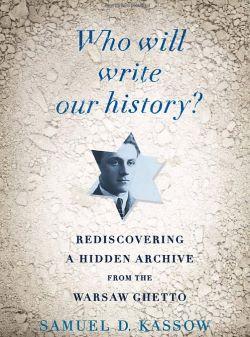
The foremost authority on Ringelblum and the Oyneg Shabes project is Professor Samuel Kassow of Trinity College, author of Who Will Write Our History? Rediscovering a Hidden Archive from the Warsaw Ghetto, which was published by Indiana University Press in 2007 and turned into a documentary film in 2018. Kassow has recently translated the memoirs of Rokhl Auerbach, one of the only surviving members of the Oyneg Shabes, which will be forthcoming from the Center’s White Goat Press. Right now, though, you can listen to a lecture Kassow gave in 2003 on “Emanuel Ringelbum and the Oyneg Shabes Archive.”
Listen to a lecture by Samuel Kassow
The Librarians
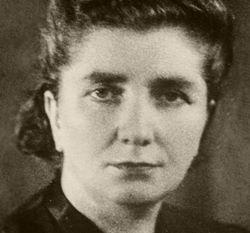
While Kassow’s translation of Rokhl Auerbach’s memoir Varshever tsavoes (Warsaw Testaments) will soon be coming out in its entirety, in 2017 Seymour Levitan translated a selection of the book for Pakn Treger. The chapter focuses on the librarians of the Warsaw Ghetto, who went to extreme lengths in the most dire circumstances to create lending libraries for the ghetto’s inhabitants.
Ringelblum’s Writings
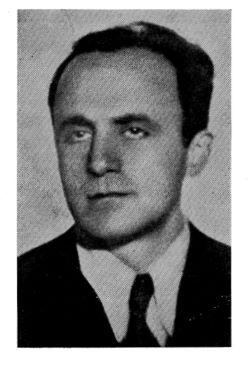
Ringelblum was a historian of Polish Jewry by training and profession, and he published several books of historical scholarship during his lifetime. His contemporaneous writings about the Warsaw Ghetto were also collected and published after his death. You can read all of these books in the original Yiddish in our Steven Spielberg Digital Yiddish Library.
Ringelblum the Teacher
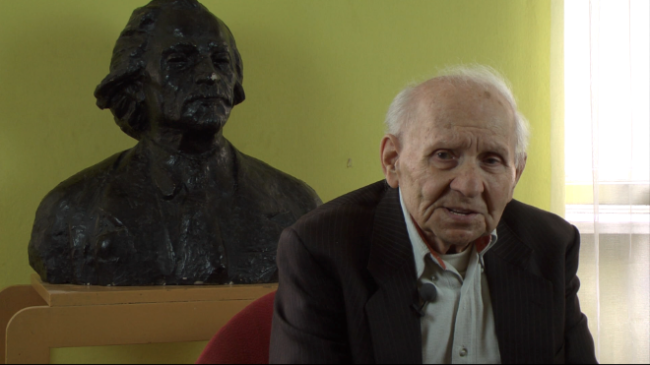
Before the war, Ringelblum made his living as a history teacher in Warsaw’s Jewish schools. Although he did not survive the Holocaust, some of his students did, and later in life they gave moving testimonials to their former teacher. In 2013 the Center’s Wexler Oral History Project spoke to one of those students, Henryk Robak, in Wroclow, Poland.
Smuggling Papers
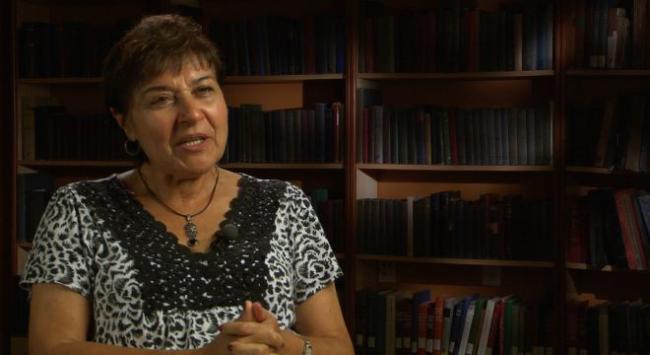
After the Oyneg Shabes archive had been discovered, the question of its ultimate fate remained unresolved. While the Polish government was unwilling to allow the materials to leave Poland, many survivors felt that the materials properly belonged in the State of Israel, and at Yad Vashem specifically. While most of the material remains at the Jewish Historical Institute in Warsaw, some of it, including some of Ringelblum’s own papers, was smuggled out in the 1950s. In this oral history interview, Rose Bergman relates how her father was tasked with smuggling those papers when their family left Poland for Israel in the 1950s.
